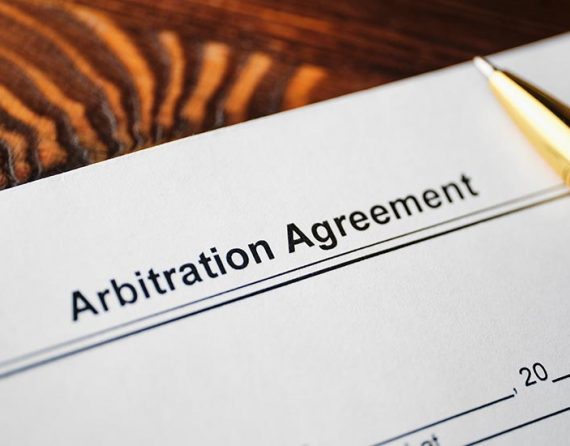Featured in GAR: Days of hope and rage.
GAR talks to Karim A. Youssef to learn more about his views on the upheaval witnessed in his home country and the potential it holds for the region.
With his first-hand experience of the 25th of January revolution and its impact on the prospects for investment and arbitration in the region, Karim A. Youssef provides a unique and informed perspective on the country’s situation and what the future might bring.
Youssef tells GAR that he believes that Cairo can become an internationally respected arbitration Centre. He adds that this year, Cairo is taking steps towards this goal, having implemented the UNCITRAL 2010 arbitration rules, allowing the city to become a major arbitration hub across the Middle East.
“My reaction has been simple awe at the power of the people and their ability to manage the crisis with wisdom and reason in the absence of central organization and under extreme conditions,”
he continues. “The Egyptians have shown incredible awareness of their potential for development once the right conditions are offered – as if the old spirit of the pyramid builders has remained intact across millennia.”
Read the full article on Global Arbitration Review
Stay Updated





